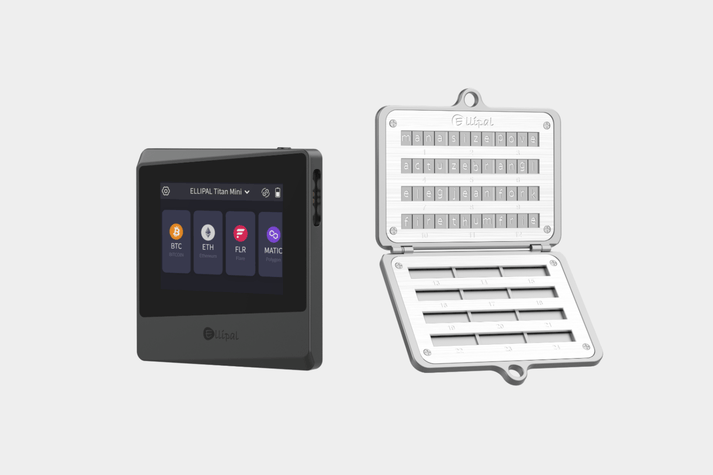Blog Information
- Posted By : Spencer Mobley
- Posted On : Aug 23, 2024
- Views : 153
- Category : General
- Description : The Ultimate Guide to Choosing the Right Bitcoin Hardware Wallet
Overview
- The Ultimate Guide to Choosing the Right Bitcoin Hardware WalletAs we examine it more closely, it becomes apparent that it has a vast and complex history that is worth exploring bitcoin hardware wallets.
As the world of cryptocurrency continues to expand, the importance of securing your digital assets cannot be overstated. This is where bitcoin hardware wallets come into play. These devices provide a secure way to store your Bitcoin offline, protecting it from potential online threats. In this guide, we will explore the essential factors to consider when selecting the right hardware wallet for your needs.

Understanding Bitcoin Hardware Wallets
What exactly are bitcoin hardware wallets? These are physical devices designed to securely store your private keys, which are essential for accessing and managing your Bitcoin. Unlike software wallets, which are vulnerable to malware and hacking, hardware wallets keep your keys offline, significantly enhancing security.
Key Features to Consider
- Security: Look for wallets that offer robust security features such as PIN protection, two-factor authentication, and recovery seed phrases.
- Usability: A user-friendly interface can make a significant difference, especially for beginners. Ensure the wallet is easy to navigate.
- Compatibility: Check if the wallet supports multiple cryptocurrencies and is compatible with various operating systems.
- Reputation: Research the manufacturer’s reputation. Established brands often provide better support and security updates.
Top Bitcoin Hardware Wallets in the Market
When it comes to choosing a bitcoin hardware wallet, several options stand out. Here are a couple of highly recommended products:
"The Ledger Nano X is one of the most popular hardware wallets, known for its Bluetooth capability and extensive cryptocurrency support."
For more information, you can visit the official site: Ledger Nano X.

"Trezor Model T offers a touchscreen interface and is praised for its security features and ease of use."
Learn more about Trezor Model T here: Trezor Model T.

How to Set Up Your Bitcoin Hardware Wallet
Setting up your bitcoin hardware wallet is a straightforward process. Typically, you will need to:
- Unbox the wallet and connect it to your computer or mobile device.
- Follow the on-screen instructions to create a new wallet or restore an existing one.
- Secure your recovery seed phrase in a safe place.
- Transfer your Bitcoin from an exchange or software wallet to your hardware wallet.
Conclusion: Making the Right Choice
Choosing the right bitcoin hardware wallet is crucial for safeguarding your digital assets. By considering factors such as security, usability, and compatibility, you can make an informed decision. Remember, the best wallet for you will depend on your specific needs and preferences.
For a deeper understanding of how to use these wallets effectively, check out this informative video: How to Use Bitcoin Hardware Wallets.
References
